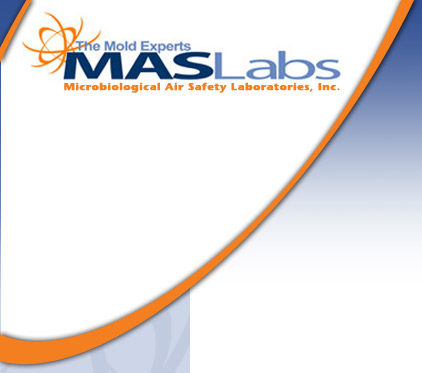1. Disclosure
Demand full disclosure of concerns such as prior water damage, structural repairs, and the assessment or remediation of any mold-related problems. Although disclosure of water damage is the law in most states, a surprising number of states still do not require full disclosure. Disclosure laws for mold are only starting to emerge.
2. Inspection
Conduct a general home inspection prior to closing. You might be amazed to learn just how many home buyers waive this option, especially in competitive “seller’s markets.” But regardless of the market, every buyer should seek a home inspection to avoid potentially catastrophic losses.
Although a general home inspector is not an expert in microbial contamination, they will likely identify the most obvious signs of prior water damage, common cover–up tactics, and even suspected mold growth.
3. Follow Up
Consult with the real estate agent or owner if you have concerns regarding the inspection results. If you are suspicious of the answers, pursue the matter with further investigation. There are numerous ways to verify the owner’s responses. For example, you can ask for documentation of repairs, search public building permit records for past repairs, or consult with all prior owners as identified by city records.
4. Hire an Expert
If you are still uncertain but you don't want to walk away from your dream home, demand that a more thorough inspection be performed by a microbial contamination specialist. At this stage, many buyers and sellers will part ways due to the perceived hassles of further investigation. Still, a number of sellers are willing to allow whatever is necessary to complete the deal, but of course the cost is typically assumed by the prospective buyer.
A visual inspection and sampling by a mold specialist can identify signs that a general inspector may miss. The microbial expert can also assess the likelihood of mold growth pertaining to prior water damage. If necessary, samples are also collected to determine the identity of suspected material.
5. Work with the Seller
If the seller discloses the existence of a prior mold problem, ask to review all relevant information such as investigative reports and remediation plans. The seller should be able to demonstrate that the problem was properly remediated. If you are in doubt, consult with a specialist to review these documents. You should also ask permission to speak with the consultant involved in the original investigation.
Many sellers will work cooperatively to help you assess the current risks. If you have gotten to this stage, it is usually a sign that sellers have done everything in their power to be cooperative, honest, and pragmatic, so work with them. In many cases they may also be willing to assume part of the financial burden should future contamination emerge from suspected areas.
6. “As-is”
Purchasing a home on an “as-is” basis is extremely risky, especially in today‘s world of mold lawsuits. Remember, once your name is associated with the home, you become wholly or partially responsible for all subsequent repairs – even well after you have resold the home.
7. More on Mold Inspections
Mold inspections for real estate transactions differ from the “typical” mold investigation, namely because the seller rarely agrees to invasive inspections of wall or ceiling cavities. Still, a few protocols can be performed with minimal damage to the existing infrastructure, including visual assessment of all accessible areas, photographic documentation, moisture assessments, sampling, and review of disclosure statements, maintenance records, and prior abatement or inspection protocols.
The cost of performing a mold inspection will depend on the expertise involved and the type of work performed. But depending on the location, you can expect to pay between $500 and $1,200 for a mold inspection by a qualified expert.




